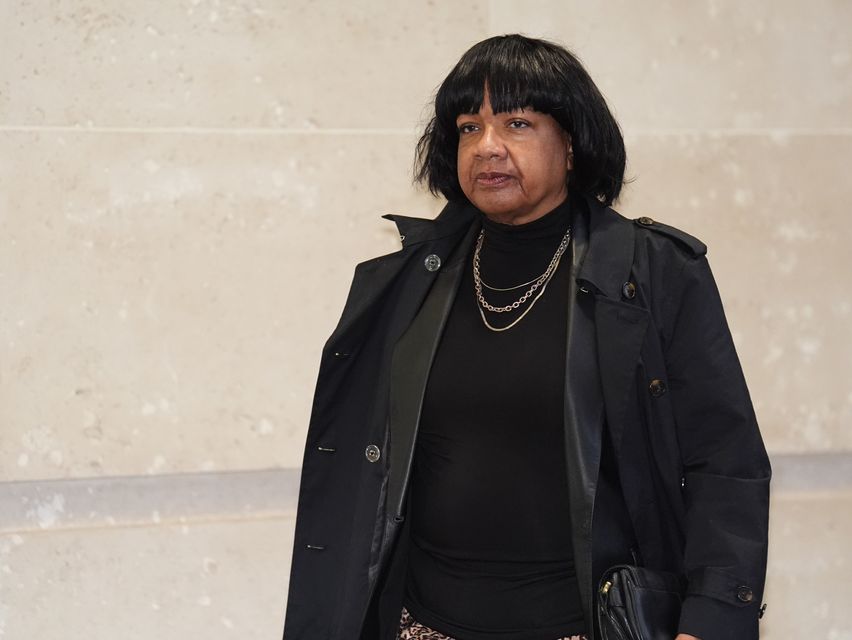Sir Keir Starmer is facing pressure to give MPs a vote on his Government’s decision to rule out compensation for women affected by changes to the state pension age.
The Prime Minister insisted taxpayers could not afford the £10.5 billion compensation package, and would not rise to calls for a vote on the decision as he came under fire in the Commons.
Sir Keir, Chancellor Rachel Reeves and Work and Pensions Secretary Liz Kendall – who ruled out a compensation package on Tuesday – are among the senior ministers who backed the Women Against State Pension Inequality (Waspi) campaign when Labour was in opposition.
But at Prime Minister’s Questions, Sir Keir insisted that paying compensation was not affordable when asked by Plaid Cymru MP Ben Lake if rejecting the financial package was part of his “Government of change”.
Sir Keir described delays in communicating changes to the state pension age for women born in the 1950s as “unacceptable”, and criticised George Osborne’s move to accelerate the programme when he was chancellor.
The Prime Minister added: “It is a serious issue. It is a complex issue. The research, as he knows, shows that 90% of those impacted knew about the changes that were taking place.
“I am afraid to say the taxpayers simply cannot afford the tens of billions of pounds in compensation when the evidence does show that 90% of those impacted did know about it. That is because of the state of our economy.”
Independent MP Ian Byrne (Liverpool West Derby) told the chamber the Waspi women had experienced an “injustice done to them at the hands of the state”.
He asked: “Will the Prime Minister give members the opportunity to vote on whether they believe Waspi women are owed compensation?”
The Prime Minister replied: “I just set out the factual background and the percentage that knew about the change, and the simple fact of the matter is, in the current economic circumstances, the taxpayer can’t bear the burden of tens of billions of pounds in compensation.”
Labour MP Diane Abbott was among those pressing the Prime Minister on Waspi women (James Manning/PA)
Labour grandee Diane Abbott, the Mother of the House, also criticised the decision.
“We did promise them that we will give them justice. I understand the issue about the cost, but does the Prime Minister really understand how let down Waspi women feel today?” she told the Commons.
Ms Reeves had earlier told broadcasters she understood the Waspi women’s disappointment, but she had to “account for every penny of taxpayers’ money spent” and judged compensation would not be fair.
In 2020, she appeared in a photograph alongside a group of the women, holding a placard pledging to work with them towards a “fair solution”.
In March, the Parliamentary and Health Service Ombudsman (PHSO) recommended the Government pay compensation to women born in the 1950s whose state pension age was raised so it would be equal with men.
The watchdog said the women should be paid up to £2,950 each, a package with a potential total cost of £10.5 billion to the public purse, as poor communication meant they had lost out on the chance to plan their retirement finances.
On Tuesday, Ms Kendall rejected this recommendation, though the Government has apologised for a 28-month delay in writing to the women.
Rebecca Hilsenrath, the ombudsman, criticised the Government’s move, telling Times Radio: “What we don’t expect is for an acknowledgement to be made by a public body that it’s got it wrong but then refuse to make it right for those affected.”
When Labour was led by Jeremy Corbyn, it promised some form of compensation for the Waspi women in its 2017 and 2019 manifestos.
But the party did not make this pledge during this year’s general election.
The Conservatives hit out at the “betrayal” of Waspi women, but shadow business secretary Andrew Griffith acknowledged the Tories might not have offered any compensation either.
“I’m not sitting here saying we would necessarily have done something about it,” he said.
“But the point is this Government has given everybody the impression that they would, and then they’ve come in, and now they’re saying they wouldn’t.
“That’s a big issue. I can understand people, particularly the Waspi women, feeling enormously let down by that.”
The all-party parliamentary group on state pension inequality for women, chaired by Independent MP Rebecca Long-Bailey and made up of MPs from across the political parties, met on Wednesday morning to discuss its next steps after the announcement.
